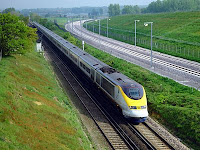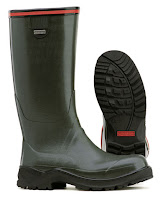Continuamos publicando la solución de ejercicios anteriores. En este caso te ofrecemos la manera correcta de completar las oraciones con el verbo colocado en Presente Continuo o Progresivo:
Archivo de la categoría: Sin categoría
Solución del ejercicio sobre Presente Simple (Simple Present Tense)
Seguimos entregando soluciones de ejercicios sencillos que no habían sido publicadas con anterioridad. A continuación te ofrecemos la forma correcta de colocar el verbo de estas oraciones en Presente Simple:
Solución del ejercicio sobre Pasado Simple
Mira las siguientes oraciones. Se trata de la manera correcta de resolver el ejercicio sobre Pasado Simple que te ofrecimos en otra oportunidad.
Solución del ejercicio sobre Presente Simple (Interrogativo y Negativo)
¿Has realizado este ejercicio sobre el Presente Simple y quieres conocer si lo has hecho de la forma correcta?… Pues aquí tienes las respuestas…
Recuerda que en las oraciones negativas puedes utilizar la forma contraída DON’T y DOESN’T.
Solución del ejercicio sobre Question Tags VI
¿Has realizado este ejercicio sobre Question tags?… Verifica tus respuestas con la siguiente solución:
Solución del ejercicio sobre Futuro Simple – Textos
Solución del ejercicio sobre Adjetivos Posesivos
Solución del ejercicio sobre Question Tags II
Ejercicios: Question Tags II
Para que continúes ejercitando, te ofrecemos las siguientes frases que debes completar con sus correspondientes Question Tags. Ten en cuenta el buen uso de los tiempos verbales.

















